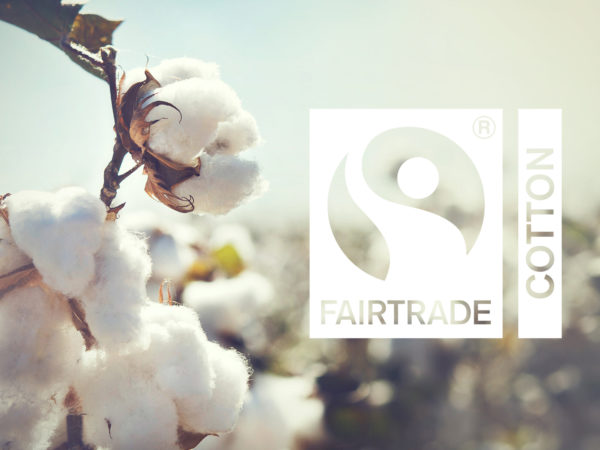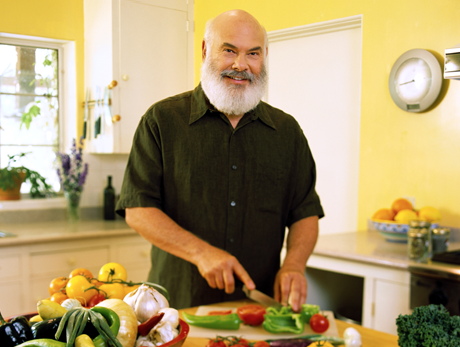Fairtrade: Better Practices for a Better World

Many of the products you use daily such as your morning coffee or tea, the cotton in your bedding and clothes, the herbs and spices you add to your dinner, and many other commonly used ingredients and textiles you buy are produced and sourced through global trade. Unfortunately, the majority of the small farmers, workers, and communities who help grow and harvest those goods are severely underpaid.
That’s where Fairtrade comes in. For over 30 years, Fairtrade has been supporting farmers and workers across the globe to help provide things like fair wages, safer working conditions, community support, and more sustainable practices to make the trade industry better for everyone involved. If you’re looking for a way to make more ethical buying decisions in your everyday life, understanding the impact of Fairtrade can help guide your decisions.
What is Fairtrade?
In 1992, the Fairtrade Foundation was started thanks to the persistence of small-scale farmers who were appealing for better working conditions and fairer practices in trade settings. As with most large-scale changes, it takes more than an individual—it takes a community.
Fairtrade International has grown to be a globally trusted and recognized organization co-owned by over 2 million farmers and workers dedicated to changing the way trade works. Fairtrade’s practices apply specifically to the organizations, brands, and products that adhere to the rigorous standards set by Fairtrade International that help provide better products, ensure sustainability practices, and offer better living and working conditions for farmers and their communities.
Benefits of Fairtrade
Fairtrade works hard to address several core issues in the world of trade including poverty, workers’ rights, child labor, forced labor, gender equality, and climate change. By setting strict guidelines, non-discrimination policies, and environmental standards, Fairtrade is helping to combat these issues across the globe.
Through Fairtrade’s Minimum Price and Fairtrade Premium, they are also helping break the cycle of poverty for many farmers and communities. Not only do these practices help cover funds for sustainable production, but they also provide opportunities for community development.
Additionally, the sustainability practices Fairtrade has put in place help combat the negative impacts that climate change has on many communities such as loss of income, food insecurity, and increased costs of mitigation. With 80% of the world’s food coming from small-scale farmers, it’s crucial to protect these populations with the tools and resources Fairtrade can help provide.
Fairtrade Cotton
While Fairtrade offers amazing opportunities for farmers and their communities, it also provides both direct and indirect benefits to you, the consumer. One example of this is Fairtrade-certified cotton.
Cotton is one of the largest textile industries in the world. But 90% of the world’s cotton farmers live in developing countries. Fairtrade focuses on these small-scale farms to not only help them achieve success but also to help combat several environmental issues that cotton production causes. By stopping the use of agrochemicals in cotton production and banning genetically modified cotton seeds, Fairtrade is assisting in protecting the environment while also ensuring that the cotton produced is high-quality and all-natural.
Everything we buy has some sort of economic, societal, or environmental impact. It’s important that we make conscious decisions about the goods we purchase in order to do our part in creating a better world. By purchasing cotton products that are Fairtrade certified like quilts, sheets, blankets, and more, you’re guaranteed that the cotton has been certified, traded, audited, and sourced through Fairtrade producers who meet rigorous environmental, economic, and social standards through their production. Understanding the impact of our purchases can empower us to make more informed choices that help contribute to a better world.
Sources
“Cotton.” Fairtrade International. fairtrade/product/cotton
“Explore the Issues.” Fairtrade America. fairtradeamerica/why-fairtrade/explore-the-issues/
“Fairtrade Farmers Are on the Frontline of Climate Change.” Fairtrade America. fairtradeamerica/why-fairtrade/explore-the-issues/climate-change/
“Fairtrade Fights Poverty.” Fairtrade America. fairtradeamerica/why-fairtrade/explore-the-issues/poverty/
“Fairtrade vs. Fair Trade.” Fairtrade America. fairtradeamerica/get-certified/resources-support/fairtrade-vs-fair-trade/
“History of Fairtrade.” Fairtrade. fairtrade/wp-content/uploads/legacy/doc/THE%20HISTORY%20OF%20FAIRTRADE%20-%20timeline.pdf
“What is Fairtrade? 2024 Video.” Fairtrade America. youtube/watch?v=Rg6Q6HIUggI
Today’s Health Topics
Editor's Pick
Health Focus
Ask Dr. Weil's Q&A











